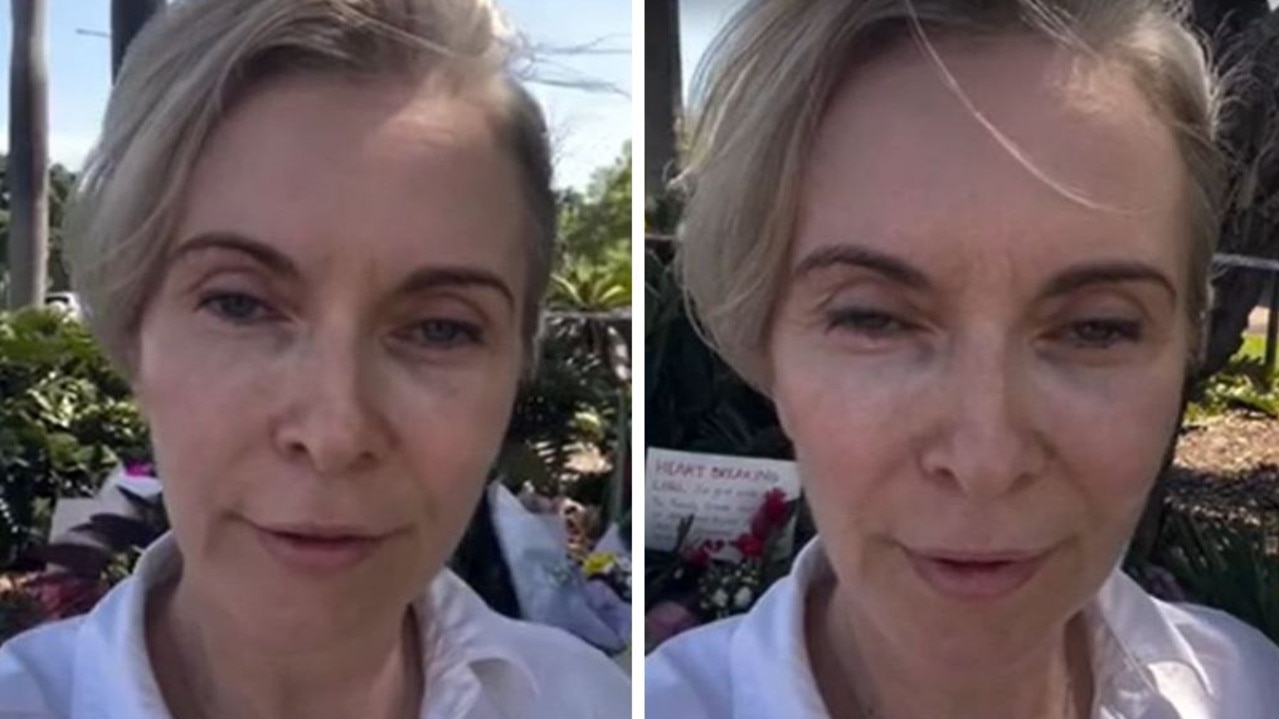NSW regional town of Cooma was home to ‘world’s only gay prison’
A tiny regional town in New South Wales was home to a shameful secret that some believe was covered up – it has now been exposed.
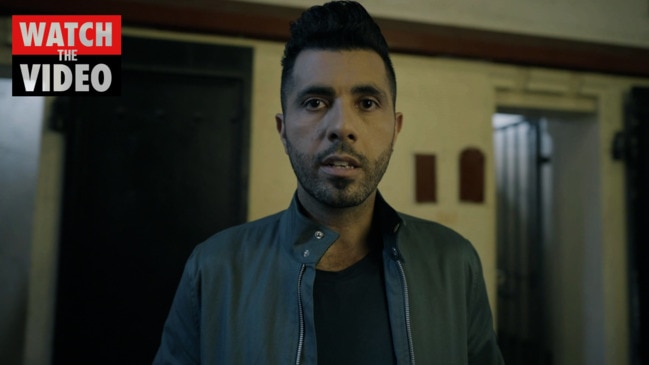
On the night Patrick Abboud celebrated the historic decision to legalise gay marriage in Australia he did not expect to be confronted by an even bigger story – the exposé of the “world's only gay prison” – in a tiny regional town where he spent holidays as a child.
The Walkley Award-nominated journalist embarked on what was to become a three-year journey to track down the location of the prison and to uncover its secrets, the existence which he believes has been subject to a cover-up.
In an Audible podcast The Greatest Menace, which the company is allowing non-subscribers to listen to for free for six months, Abboud explores a time when homosexual men were arrested by handsome young cops acting as “bait” and convicted of acts of indecent assault, even for consensual activities.
It was a time when then-New South Wales police commissioner Colin Delaney in 1958, described homosexuality as the “greatest menace” facing Australia.
“He likened it to communism,” Abboud told news.com.au. “And they wanted to eradicate it, get rid of it, wipe it off the face of the Earth.”
However, the revelation that sent Abboud reeling at a party to celebrate the ‘Yes’ vote in 2017, was being told the NSW Government had at one stage operated what was touted as the “world’s only gay prison”.
“My first response … was, ‘How the f**k do I not know about this?’”
During his years-long investigation into the jail, Abboud tracked it down to a location in Cooma, something that made his hair “stand up” as it was a place he had spent holidays as a young man trying to come to terms with his own sexuality.
While Abboud says the government was public to some degree about the purpose of the prison, even announcing its opening, there was little information about what happened there and what came of the program.
He believes the aim of the jail was the find the causes and treatments for homosexuality.
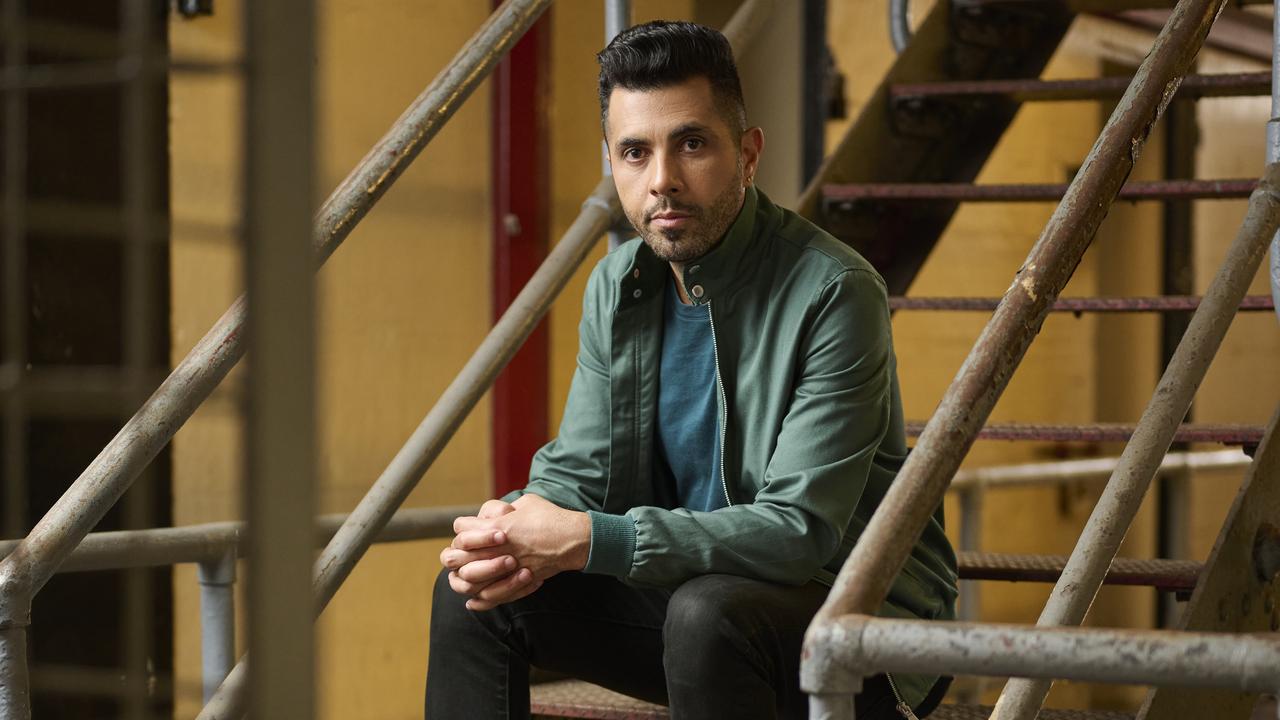
“They established a prison specifically to incarcerate gay men, specifically to incarcerate homosexuals and they had an intention behind that,” Abboud said.
“We uncovered the intention. And then what came of that intention? And that’s the part that really niggles at me the whole time.
“Where’s the report? Where’s the findings of what happened?
“My instinct is that they didn’t want it to be widely known.”
Once he began looking into the prison, Abboud said he also discovered other stories including a case of wrongful conviction and a police cover-up.
Abboud said the vice squad formed to crack down on homosexual offences was essentially “trapping” men in order to create a sample population to be sent to a prison.
“A lot of the arrests that were made at the time, and the charges, are just ludicrous,” he said. “They’re unbelievable.”
He went through thousands of pages of court transcripts to track what happened to homosexuals during this time.
“Discovering what some of those men went through in the process of being trapped and charged, it’s horrifying. It really is,” he said.
“Their lives were destroyed, and they’re still reeling from it.”
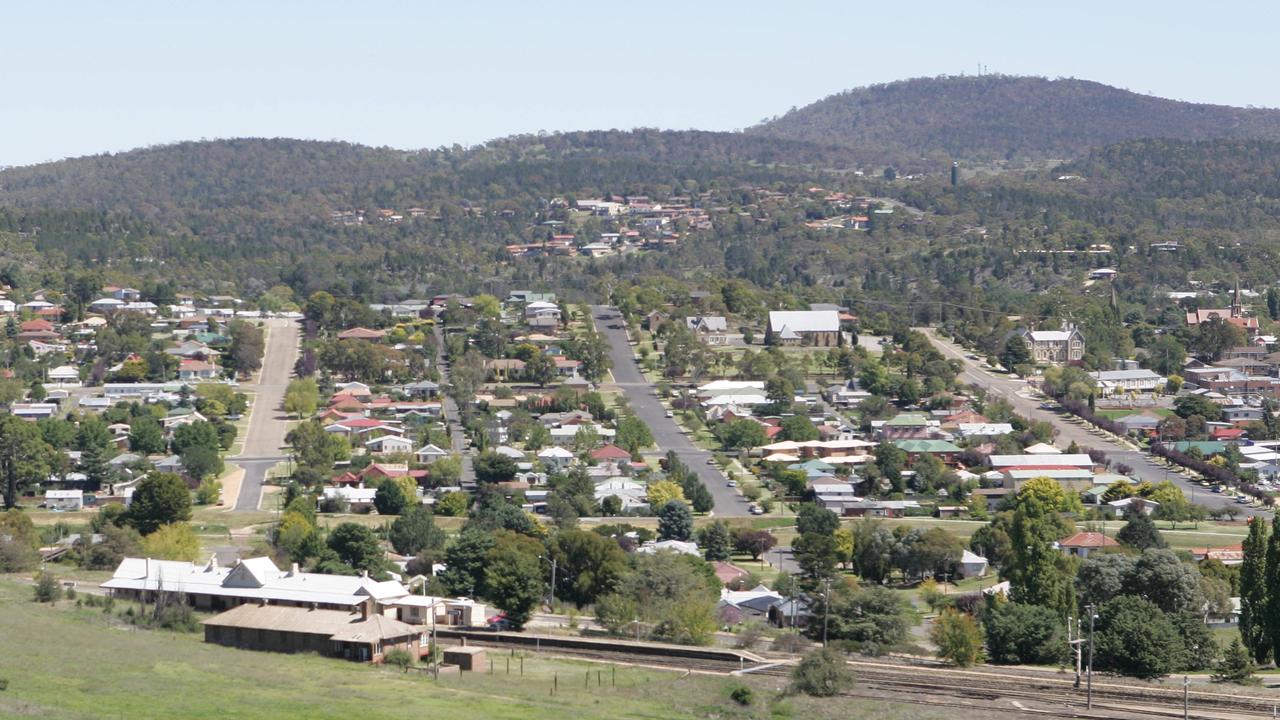
On his podcast, Abboud interviews a former police officer who assisted the vice squad, as well as a man called Terry who says he was charged with an act of indecency after a good-looking man at the beach approached him.
Abboud says the NSW Police has denied entrapment was used to arrest gay men.
But Terry said he was approached by a man and asked to take the man’s penis out of his swimsuit. The man turned out to be a police officer and Terry was charged.
The charges were later dropped but Terry said he had to be bailed out of jail by his mother and the police also informed his employer who fired him.
He was later convicted of indecent assault after being found with another man in a park. The episode was so traumatic, he still can’t remember many details of what happened.
Terry was fortunate to avoid jail time but others were not so lucky.
Abboud said the gay prison in Cooma was operational by 1958 and he believes it was running for a number of decades but it’s unclear how long it was used to hold inmates for homosexuality.
“We think there may have been an inmate or two still in there in the early ’80s,” he said.
Abboud said he had spoken to many locals and most of them had no idea it was a homosexual prison. Some knew sex offenders were sent there but another damaging aspect of the way homosexuality was treated at the time, was that it was often conflated with paedophilia.
He said authorities set up a research committee to run the prison “so it was all very intentional”.
“It exposes that what the former New South Wales government were trying to do to, (which) was essentially to eradicate homosexuality,” Abboud said.
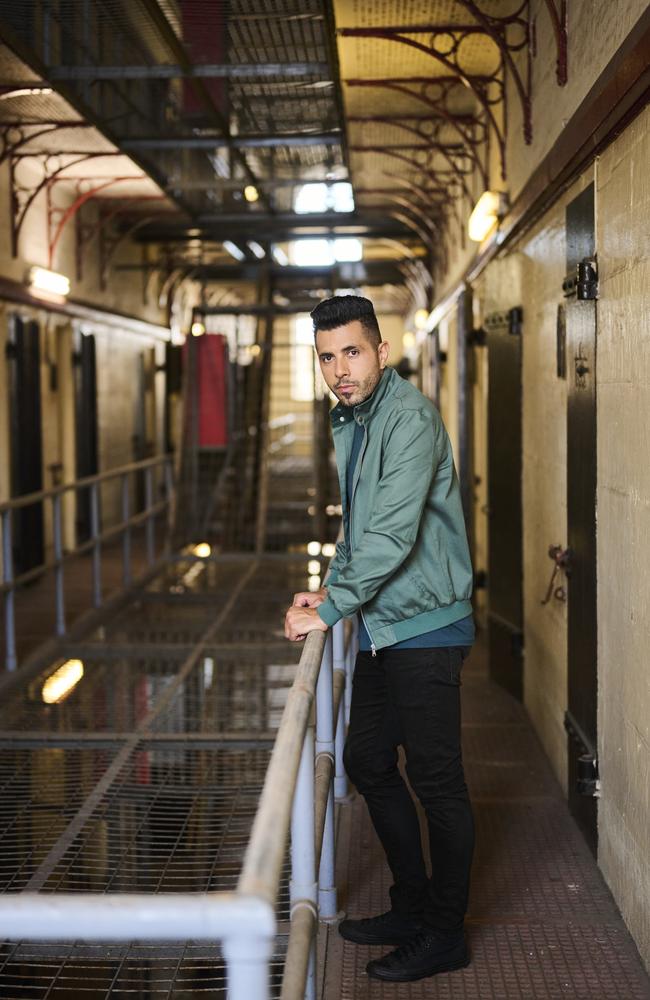
He believes whatever happened at the jail, it was something the government of the time wanted to be forgotten, and that Corrective Services wanted to forget.
“Whatever they did, either they didn’t discover what they wanted to, and they wanted to bury it because it didn’t turn out how they wanted to, or there’s something kind of explosive that they didn’t want to get out,” he said.
Abboud said the setting up of the gay prison, to run experiments on the causes and treatments for homosexuality, was a huge injustice.
“Like any injustice … institutions and government situations want it to be forgotten. Even though it’s in the past, of course, it leaves a dirty stain,” he said.
“It has done detrimental damage to the lives that we live today.”
He said authorities had “weaponised shame” and this shame continued to be at the root of debates still happening in Australia, on things like the religious discrimination bill.
“There’s this sort of leftover residue from that shame that my parents were responding to me in terms of their response to me, and the gay community generally, you can see that it’s not a historical story, it’s a very current, now story,” he said.
Abboud said homosexuality was not decriminalised until 1984, many years after the first Mardi Gras in 1978, and the gay liberalisation movement started even earlier than that.
“When you unpack and sort of understand the time, and what was going on, it’s really sad,” he said.
“I get choked up thinking about it because that’s me … that’s my life, and it’s so many other gay men’s lives. It’s the queer community broadly. So that’s why it’s just so important that we stayed with (this story).”
The 8-part investigative series The Greatest Menace by Patrick Abboud is available to download from Audible from today and is free for non-members for a limited time.




